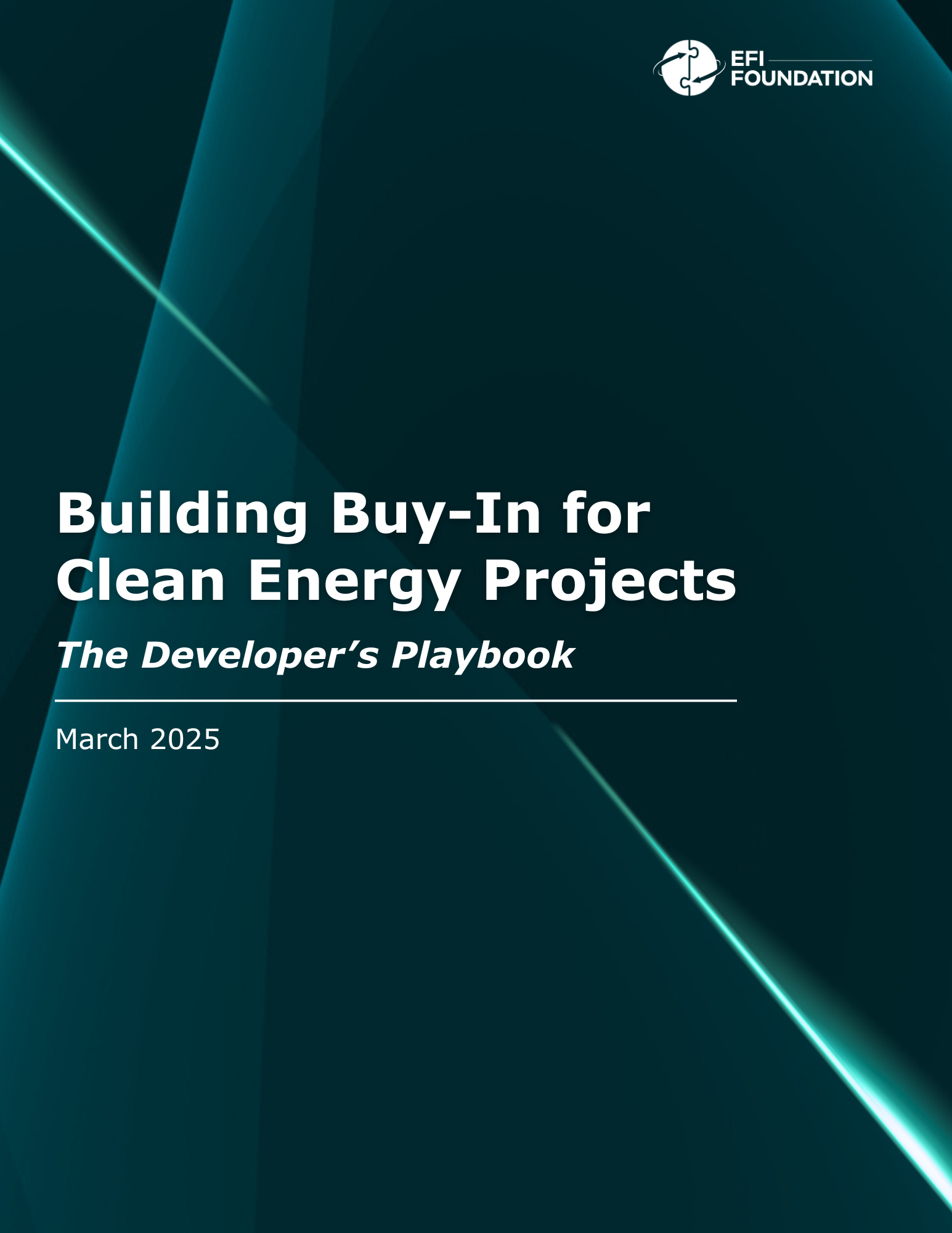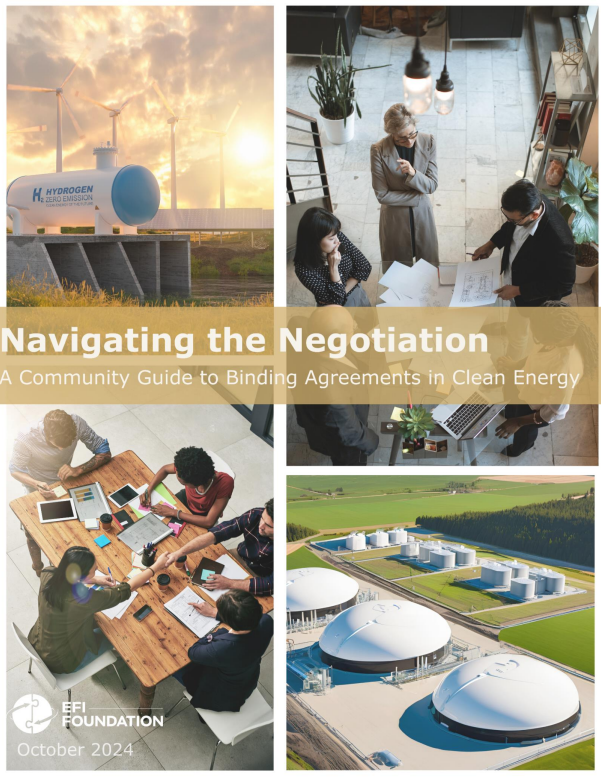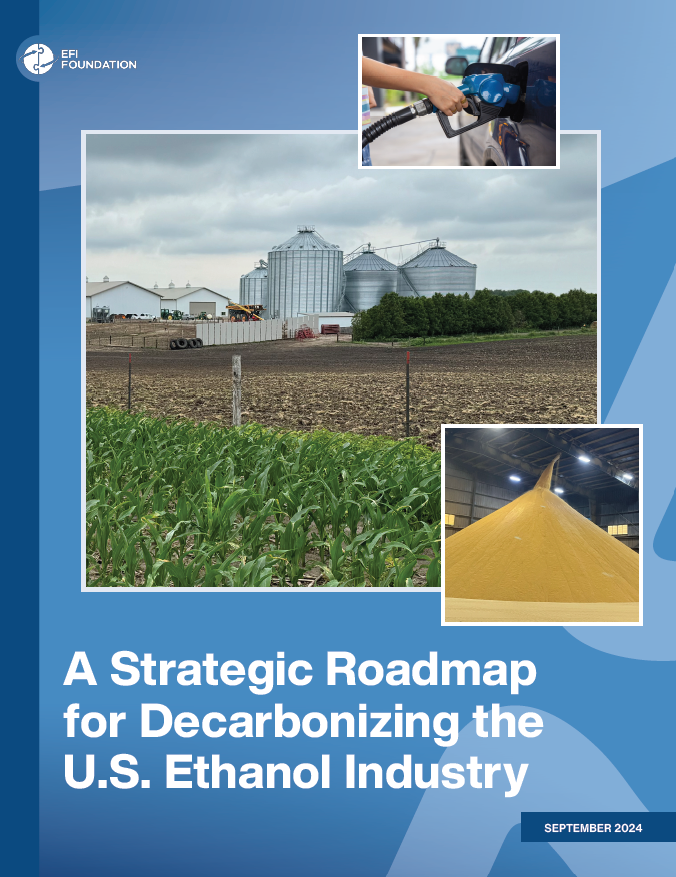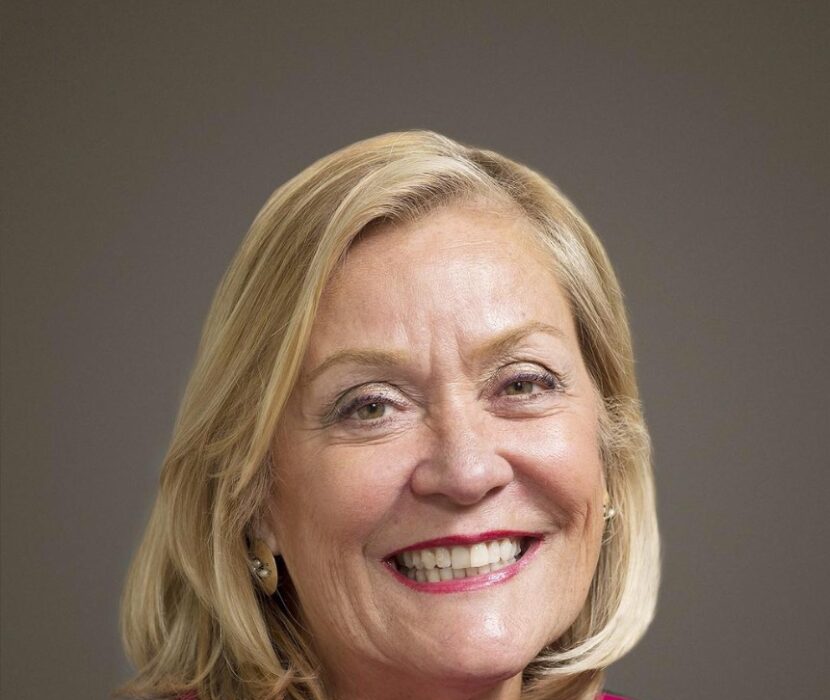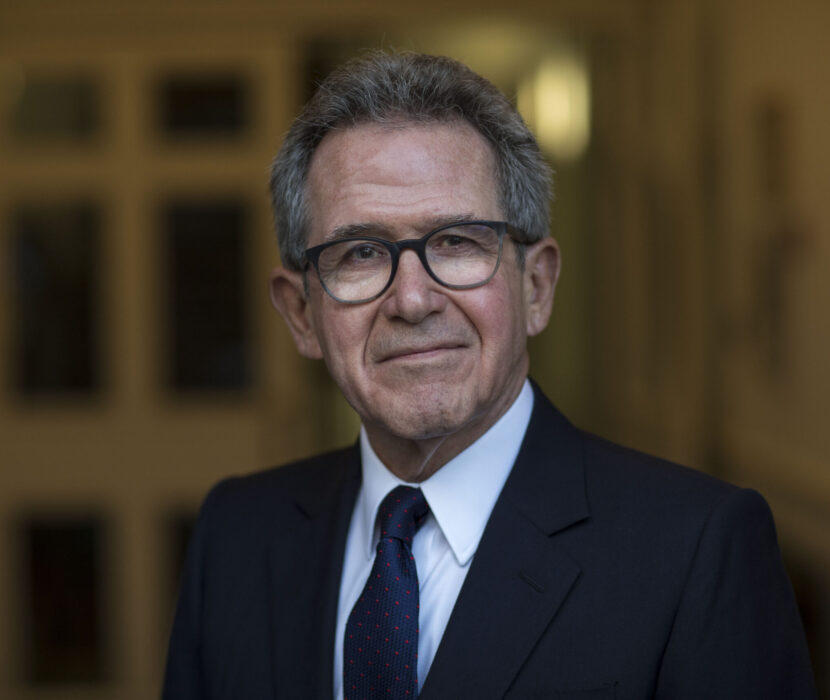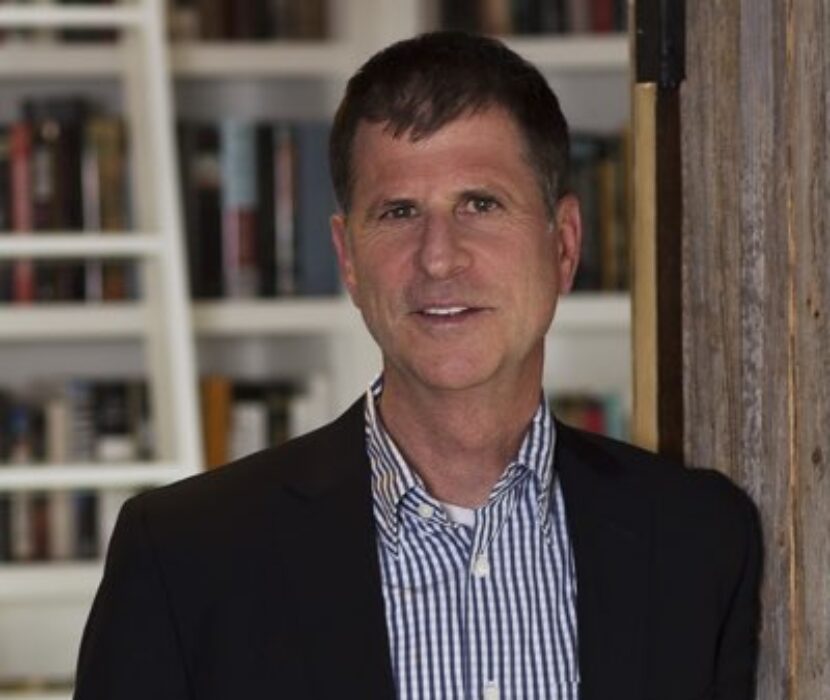Dr. Madeline Schomburg’s research focuses on energy justice, examining access and inclusion in policy processes, and decision-making.
Most of her work has focused on domestic unconventional oil and gas development, investigating the role of interest groups in mobilizing constituents to participate in political processes, and the role of policy entrepreneurs in diffusing relevant policies throughout the United States. She is broadly interested in human-environment interactions and the ways in which people mobilize for change around environmental policy problems, particularly in the context of climate change. Her scholarship has appeared in Energy Research & Social Science and Economics of Energy & Environmental Policy.
As an assistant professor of environmental policy at Colorado State University, Schomburg collaborated with scholars from numerous institutions and with community partners to advance social science research in energy and the environment. At Colorado State University, she also served on the steering committee of the Center for Environmental Justice where she helped create new programs in environmental justice, built partnerships with grassroots environmental justice organizations, and secured the center’s first external grant.
Prior to graduate school, Schomburg worked at Resources for the Future where she was involved in a multi-year study on shale gas. In that role, she contributed to studies on expert perception of the risks of shale gas development, public willingness to pay to reduce those risks, and the state of shale gas regulations. She also interned at the World Resources Institute where she assisted in creating a report on the United States’ ability to achieve stated carbon emissions reduction goals under various policy scenarios.
Schomburg completed her doctorate in ecology at the University of California, Davis, and her Bachelor of Arts in economics and environmental studies at Connecticut College.



